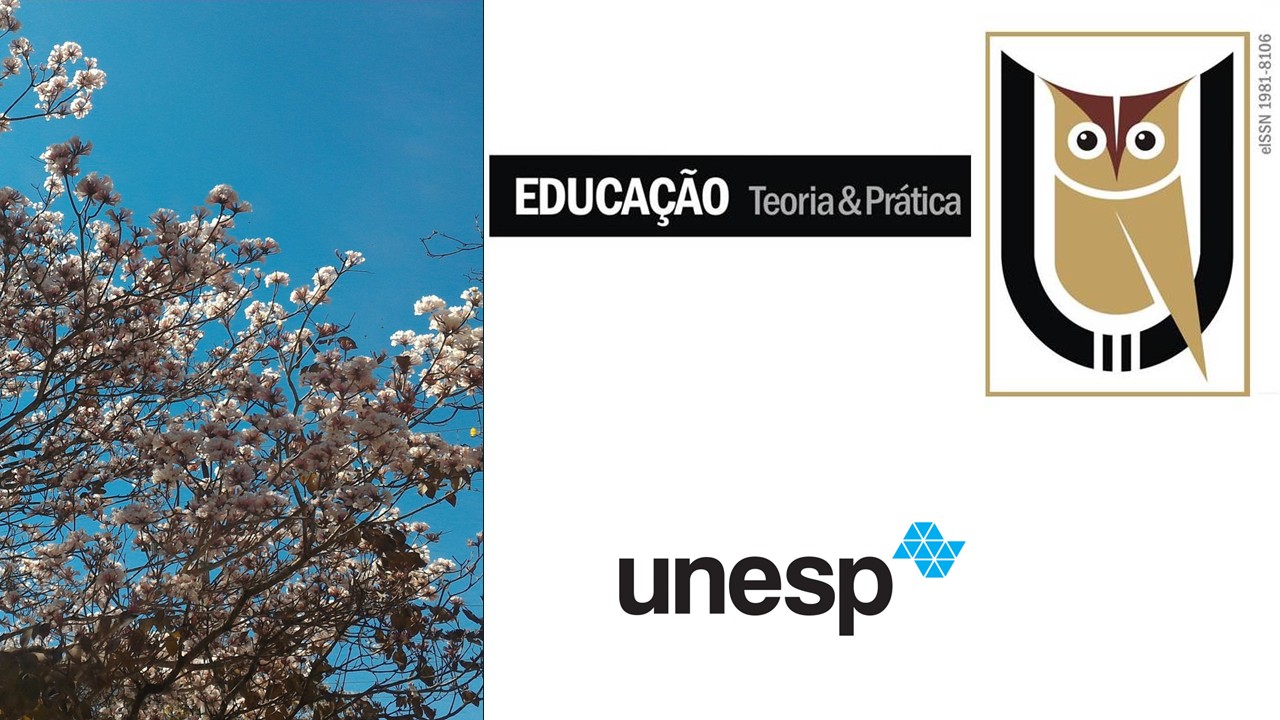Contributions of research in social representation to teach and learn Geography
DOI:
https://doi.org/10.18675/1981-8106.v33.n.66.s17228Keywords:
Geography Teaching. Social Representation Theory. School Geography. Qualitative Research.Abstract
Representation is associated to several meanings and plays a fundamental role in geography. Since symbolic constructions reconstitute reality and provide meaning to it, the representations regarding the world we live in are indispensable, which demonstrate the importance of investigating them. In this sense, the objective of the present study is to demonstrate the central elements of the Social Representation Theory to provide an overview of the research involving social representation and geography teaching in the early 21st century. The results will enable the identification of the main theoretical influences, the methodology, and the contribution of research conducted in the area, more specifically, on geography teaching and learning. The results revealed that studies on social representation in geography are still incipient; however, the literature contributes for pedagogical practices and for the modification of some representation embedded in common sense. Therefore, teaching and learning geography is of the utmost importance, since social representations provide social practices with sense and value.
References
ADICHIE, C. N. O perigo de uma história única. 1. ed. São Paulo: Companhia das Letras, 2019.
ALMEIDA, R. D. de.; PASSINI, E. Y. Espaço geográfico: ensino e representação. São Paulo: Contexto, 1989.
BARBOSA, A. C.; SILVA, J. S. Geografia e representações sociais: estado da arte. Revista da Associação Nacional de Pós-graduação e Pesquisa em Geografia (ANPEGE), v. 13, n. 21, p. 147-162, maio/ago. 2017. Disponível em: https://ojs.ufgd.edu.br/index.php/anpege/article/view/6945/3880#. Acesso em: 6 set. 2022.
BARDIN, L. Análise de conteúdo. São Paulo: Edições 70, 2011, 229 p.
CAVALCANTI, L. S. Geografia, escola e construção de conhecimentos. 18. ed. Campinas, SP: Papirus, 2013.
CORREIA, S. L. C. P.; BASTOS, R.; SIQUEIRA, N. Representações sociais de crianças sobre o bairro: contribuições para o ensino da geografia escolar. In: ORNELLAS, M. L. S. (org.). Representações sociais e educação: letras imagéticas III. Salvador: EDUFBA, 2015, p. 185-198.
DELVAL, J. El desarrollo humano. Madrid: Siglo XXI, 1994.
GILLY, M. As Representações sociais no campo da Educação. In: JODELET, D. (org.). As representações sociais. Rio de Janeiro: Eduerj, 2001. p. 321-341.
GUARESCHI, P. Representações e ideologia. Revista de Ciências Humanas - série especial temática. Santa Catarina, v. 1, n. 1, 2000.
JODELET, D. O movimento de retorno ao sujeito e a abordagem das representações sociais. Sociedade e Estado, Brasília, v. 24, n. 3, p. 679-712, set./dez. 2009. Disponível em: https://www.scielo.br/pdf/se/v24n3/04.pdf. Acesso em: 7 jun. 2022.
JOVCHELOVITCH, S. Vivendo a vida com os outros: intersubjetividade, espaço público e Representações Sociais. In: GUARESCHI, P. A.; JOVCHELOVITCH, S. (org.). Textos em representações sociais. 2. ed. Petrópolis, RJ: Vozes, 1995, p. 63-85.
KIMURA, S. Geografia no ensino básico: questões e propostas. São Paulo: Contexto, 2008.
KOZEL, S. As representações no geográfico. In: MENDONÇA, F.; KOZEL, S. (org.). Elementos de Epistemologia da Geografia contemporânea. Curitiba: Editora da UFPR, 2002, p. 215-232.
MOSCOVICI, S. A representação social da psicanálise. RJ: Zahar, 1978.
MOSCOVICI, S. Representações sociais: investigações em psicologia social. RJ: Vozes, 2005
PONTUSCHKA, N. N. Geografia, representações sociais e escola pública. Terra Livre, [S. l.], n. 15, p. 145-154, 2015. Disponível em: https://publicacoes.agb.org.br/index.php/terralivre/article/view/365. Acesso em: 27 out. 2022.
SERPA, Â. Por uma geografia das representações sociais. OLAM - Ciência & Tecnologia Rio Claro, SP, v. 5, n. 1, maio 2005. Disponível em: http://www.esplivre.ufba.br/artigos/AngeloSerpa_Olam5_2005.pdf. Acesso em: 25 set. 2022.
Downloads
Published
How to Cite
Issue
Section
License
Authors who publish in this journal agree to the following terms:
a) Authors assign copyright to the journal, with the work simultaneously licensed under the Creative Commons Attribution License that allows sharing of the work with acknowledgment of authorship and publication in this journal.
b) The policy adopted by the Editorial Committee is to assign copyright only after a period of 30 months from the date of publication of the article. After this time, authors interested in publishing the same text in another work must send a letter to the Editorial Committee requesting the release of the assignment of copyright and wait for a response.
c) This journal provides public access to all its content, since this allows greater visibility and reach of published articles and reviews. For more information on this approach, visit the Public Knowledge Project, a project that developed this system to improve the academic and public quality of research, by distributing OJS as well as other software to support the public access publication system to academic sources. The names and email addresses on this website will be used exclusively for the purposes of the journal and will not be available for other purposes. This journal provides open any other party  This work is licensed under a Creative Commons License
This work is licensed under a Creative Commons License











